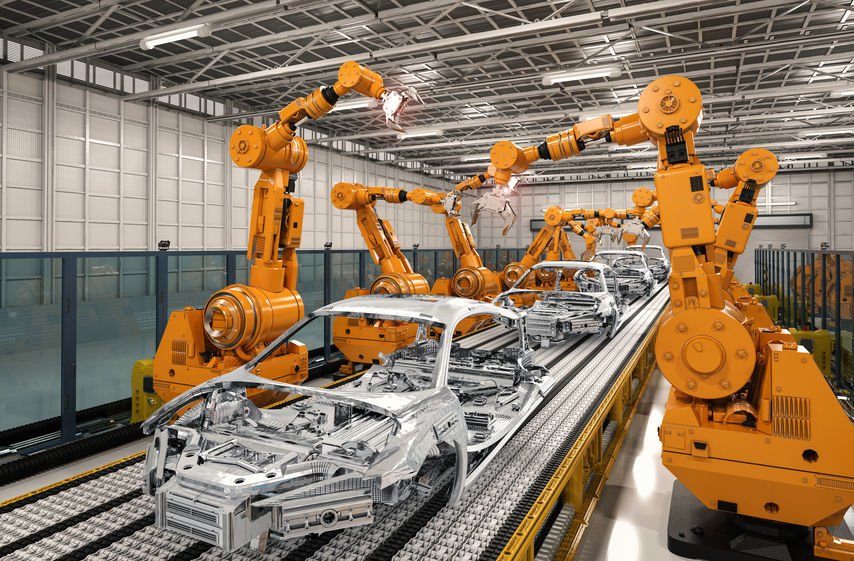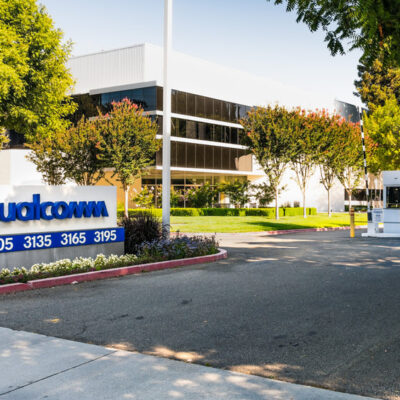In its report on Friday, AlixPartners (consulting firm) said the global automotive industry is expected to take a $110 billion (£78 billion) hit to revenue this year due to the ongoing semiconductor chip shortage.
Previously in January, the New York-based firm had forecast a much narrower $60.6 billion hit to revenue when the shortage had started pushing car manufacturers into slashing production. This 81.5% increase in the forecast, as per AlixPartners’ Mark Wakefield, is attributed to several factors, including weather-related disruptions in the supply chain and a fire that recently hit Renesas Electronics (chip supplier).
Biden earmarked $50 billion for the U.S. semiconductor industry
Are you looking for fast-news, hot-tips and market analysis?
Sign-up for the Invezz newsletter, today.
The forecast in January had expected global production to be slashed by 2.2 million vehicles due to the chip shortage. The updated estimate, however, sees a loss of 3.9 million vehicles in 2021. The supply constraint pushed the Biden administration into earmarking $50 billion from the $2 trillion infrastructure proposal for the U.S. semiconductor industry.
In recent announcements, Ford Motor and General Motors have estimated a $2.5 billion and a $1.5 billion hit, respectively, to full-year earnings due to the chip shortage. In an interview with CNBC, Alix Partners’ Dan Hearsch said:
“There are up to 1,400 chips in a typical vehicle today, and that number is only going to increase as the industry continues its march toward electric vehicles, ever-more connected vehicles and, eventually, autonomous vehicles. So, this really is a critical issue for the industry.â€
Chip shortage originated because of the COVID-19 crisis
Hearsch expects the global automotive industry to take the hardest hit in Q2. The supply constraint is unlikely to vanish in 2022 completely, he added. However, automakers will still have sufficient chips at their disposal by that time to produce their desired number of vehicles.
The chip shortage originated because of the Coronavirus pandemic that pushed car makers into temporarily shutting down their production facilities. As demand from the global auto industry tanked, chip suppliers won business from consumer electronics and other sectors that were unlikely to face a massive blow due to the health emergency. According to Hearsch:
“The top priority for automakers at the moment is mitigating the short-term effects of this disruption the best they can, which may include managing the expectations (investors and lenders) and renegotiating contracts.â€
In related news, chipmaker Kneron said it wants to acquire image signal processor maker Vatics.





